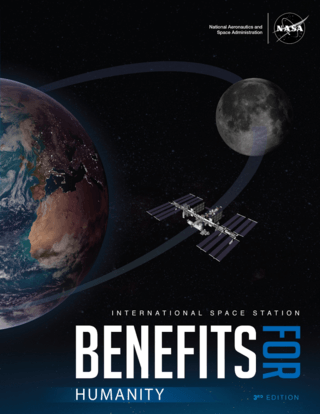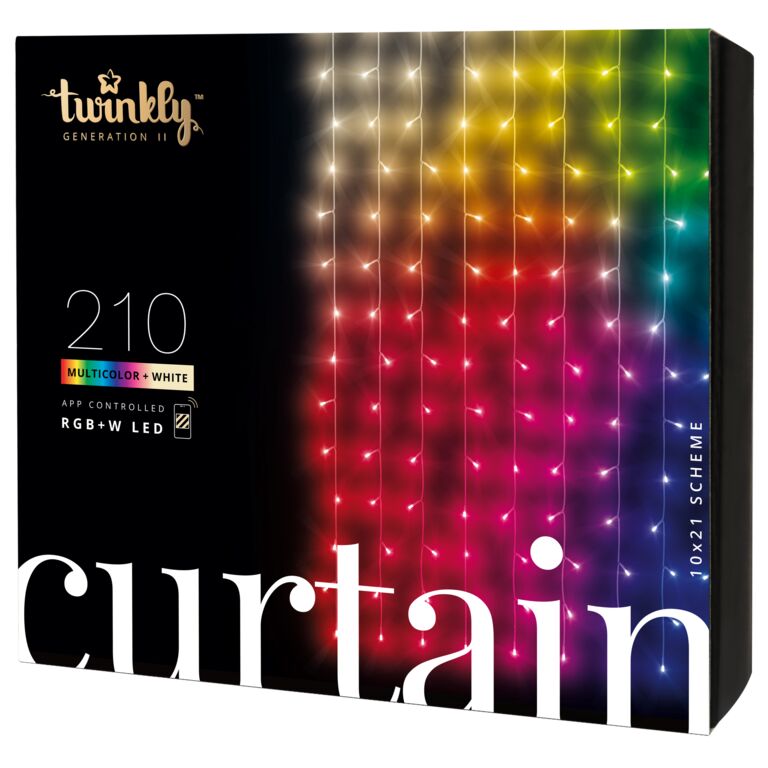Counting the Many Ways the International Space Station Benefits Humanity

The third edition of NASA’s “International Space Station Benefits for Humanity” book now is available. The new edition fills more than 200 pages with the many benefits of conducting research on the orbiting microgravity laboratory and includes new assessments of the economic value — as well as greater detail about the scientific value — of the International Space Station.
The station has maintained a continuous human presence in space since Nov. 2, 2000, and is the only laboratory that allows scientists to manipulate every variable — including gravity. In the more than 18 years of crewed operation, thousands of researchers on the ground in more than 100 countries have conducted more than 2,500 experiments in microgravity, and that number continues to grow. This book provides examples of research accomplishments in areas of economic development of space, innovative technology, human health, Earth observations and disaster response, and global education.
“This edition tells stories about the amazing accomplishments aboard the space station, which serves as a unique engine to drive scientific discovery,” said Kirt Costello, acting chief scientist for the space station at NASA’s Johnson Space Center in Houston. “As interest in using the laboratory continues to increase, many researchers new to space have come on board, and we’ve added many new facilities. These all greatly increase the science we can accomplish and the rate at which that science translates to additional research and applications.”
The book is a product of the International Space Station Program Science Forum, made up of senior science representatives across the international partnership, which includes the Canadian Space Agency, ESA (European Space Agency), the Japan Aerospace Exploration Agency, the Russian space agency Roscosmos, the Italian Space Agency, and NASA. The International Space Station United States On-orbit Segment also is designated as a U.S. National Laboratory, whose mission is to enable scientific opportunity aboard the orbiting outpost to benefit life on Earth.
These International Space Station partners have distinct agency goals for research, but each shares the goal of working together to extend the resulting knowledge for the betterment of humanity. In the book, the members of the International Space Station Program Science Forum provide their unique perspectives about the benefits of research and technology development, market innovation, and the ongoing support of a sustainable space-based economy.
“It’s a very exciting time for microgravity research,” said Costello. “Research on the space station feeds our future space exploration goals and makes our world a better place.”
Find more information about the space station’s benefits for humanity at:
https://www.nasa.gov/stationbenefits
The International Space Station Annual Research Highlights report is published each year at:
http://www.nasa.gov/stationresults
Follow updates about the science conducted aboard the space station on Twitter:
https://twitter.com/iss_research
For more information about conducting research in microgravity, visit:
https://www.nasa.gov/iss-science
-end-






